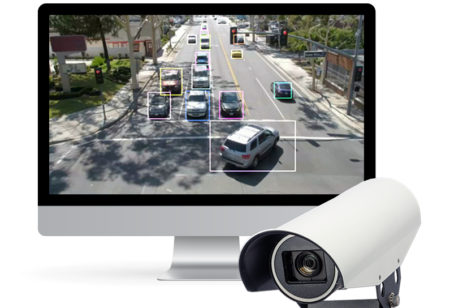Uber has announced a first-of-its-kind, multi-year partnership with a collaboration of regional organizations to create the Cincinnati Mobility Lab, which will share data, conduct studies and develop programs to help create an innovative and strategic transportation plan for the region.
Alongside the ridesharing technology company, the collaborative effort includes the Cincinnati USA Regional Chamber, the City of Cincinnati, and the Ohio-Kentucky-Indiana Regional Council of Governments (OKI), in partnership with Southwest Ohio Regional Transit Authority (SORTA) and Transit Authority of Northern Kentucky (TANK).
The Cincinnati Mobility Lab will:
• Expand Uber’s presence in the Cincinnati region with a new, expanded greenlight hub support center and a dedicated Uber relationship manager for the Cincinnati Mobility Lab;
• Commission the world-renowned transportation consultancy Fehr & Peers to work with Cincinnati on key sites along major downtown corridors to help ensure that public transportation service has the curb space it needs;
• Create an employer forum with the Cincinnati Chamber to help shape the future of regional commuting. This project will address how technology like Uber can work with the private sector to solve commuting challenges, create an attractive environment for employees, and help the region’s businesses compete for talent, connect people to jobs, and experience growth;
• Bring Uber’s ‘Movement’ cloud-based data-sharing platform to Cincinnati, providing the region’s authorities with the ability to analyze travel information from Uber’s rideshare services. The 24/7/365 data can compare road conditions and how travel times are impacted by major events, road closures, or other things happening in a city. The data is aggregated into the same types of geographic zones that transportation planners use to evaluate which parts of cities need expanded infrastructure, such as Census Tracts and Traffic Analysis Zones (TAZs);
• Launch a first-of-its-kind transit study with SORTA and TANK to assist the agencies in developing public transport strategies for the future;
• Bring Stephen Goldsmith, director of the Innovations in American Government Awards program and professor at Harvard Kennedy School, to the city for the inaugural Cincinnati Mobility Summit, a forum that will showcase Cincinnati’s transportation innovations and work to find solutions that blur traditional boundaries between transport modes.
• Introduce Uber’s national partnership with Meals on Wheels to the Cincinnati region by helping to recruit the next generation of volunteers.
Uber’s head of transportation policy and research, Andrew Salzberg, commented, “We are excited to forge a new relationship with cities, starting with the Cincinnati Mobility Lab. Acting in partnership with others, we believe shared mobility can build a better transportation system for all.”




